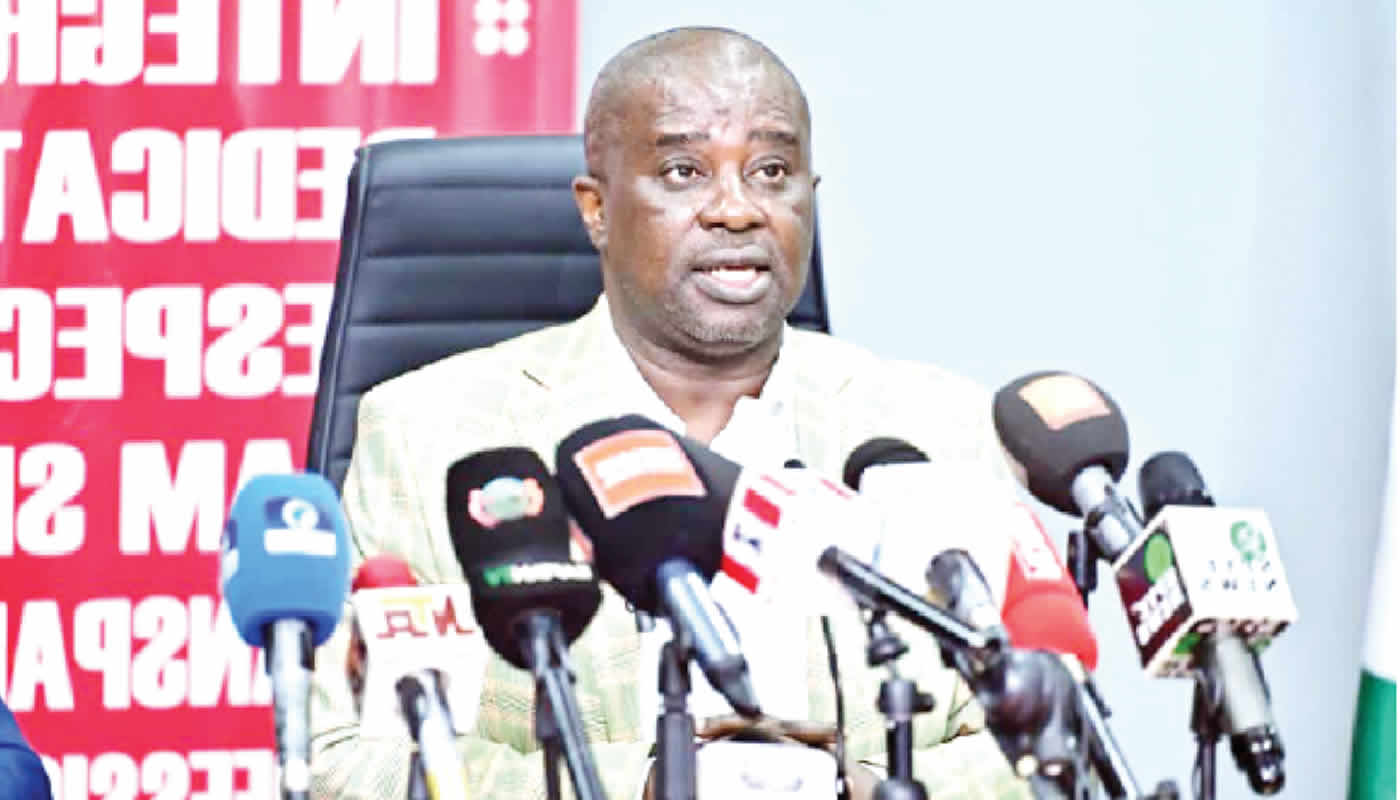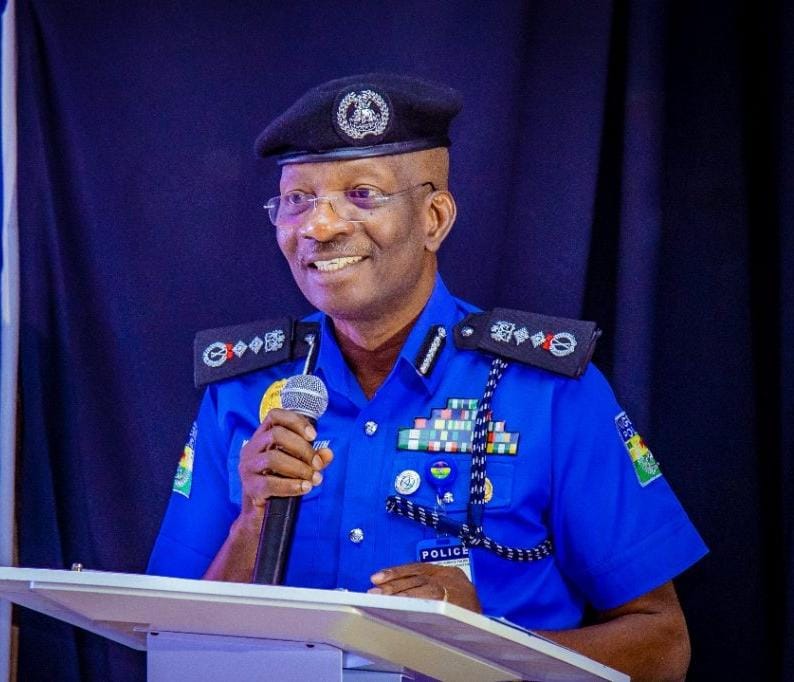President Bola Tinubu on Wednesday declared a nationwide security emergency, directing the military, police, and intelligence agencies to immediately expand recruitment and deploy thousands of additional personnel across the country.
He also urged the National Assembly to begin the process of legalising state police to counter the escalating wave of kidnappings and terrorist attacks recorded across several states in the last week.
However, in an unusual break from the norm, several senators and members of the House of Representatives criticised the Federal Government for negotiating with bandits responsible for mass abductions in Kwara and Kebbi States. The lawmakers demanded an immediate halt to talks with the criminals and called for sanctions against those who ordered the withdrawal of troops from the Government Girls Comprehensive Secondary School, Maga, Kebbi State, where 24 students were kidnapped on November 17.
Shortly afterwards, gunmen invaded St. Mary’s Catholic School in Papiri, Niger State, abducting more than 300 pupils and 12 teachers. A vice principal was killed during the Kebbi attack, the principal was injured, and although 50 girls escaped, many remain in captivity.
Another group of attackers stormed a church in Kwara State, killing at least two worshippers and abducting 38 others. The victims were later released, but the incidents triggered the closure of schools in multiple states including Kebbi, Bauchi, Yobe, Adamawa, Taraba, Plateau, Niger, Katsina and Kwara. The Federal Government also shut down 41 Federal Unity Colleges for safety reasons.
Debate in the Senate
Despite the Presidency’s explanation that negotiations were necessary to prevent collateral damage to abducted victims, lawmakers rejected the defence. They warned that engaging bandits could embolden them and worsen the country’s security crisis.
Senators expressed frustration over alleged intelligence failures, the unexplained withdrawal of soldiers before the Kebbi school attack, and the rising inability to prevent mass kidnappings.
Deputy Senate President Barau Jibrin suggested seeking international assistance, while Senate Leader Opeyemi Bamidele described the situation as a defining moment for the nation. Senator Enyinnaya Abaribe insisted the government must take responsibility instead of blaming past administrations.
Senate President Godswill Akpabio raised concerns about internal sabotage within security agencies, noting that the location of a brigadier general recently killed in Borno was reportedly leaked before the attack.
Tensions rose when Senator Seriake Dickson warned that Nigeria was "losing prestige and integrity" due to unchecked attacks, sparking uproar among senators.
House of Representatives Reacts
A coalition of lawmakers from all six geopolitical zones released a strongly worded statement condemning the government’s negotiations with bandits, describing it as “a betrayal of the Nigerian people.”
The group, operating under the banner House to the Rescue, argued that talking to criminals undermines security agencies, rewards wrongdoing, destroys public trust, and encourages more kidnappings.
They also cited global examples—from Colombia to Mexico and Afghanistan—to show that negotiating with violent non-state actors historically leads to more violence, not peace.
The lawmakers demanded:
an immediate stop to all negotiations with bandits,
a coordinated, intelligence-driven security operation,
a published national security strategy, and
a full investigation into government officials involved in unauthorised negotiations.
Opposition Party Weighs In
The African Democratic Congress also warned President Tinubu against “secret deals” with insurgents. The party criticised conflicting official accounts regarding the release of abducted victims and questioned whether ransoms were paid or concessions given.
They argued that negotiating with criminals only strengthens the “banditry economy,” noting that fresh kidnappings occurred in Kwara barely a day after earlier victims were released.
Atiku Abubakar Also Criticises Negotiation
Former Vice President Atiku Abubakar also condemned the Federal Government’s approach, questioning why the criminals were not arrested or neutralised if security agencies truly tracked them.
Tinubu Announces Massive Recruitment Drive
Amid the criticism, President Tinubu authorised the recruitment of:
20,000 additional police officers (raising total new recruits to 50,000),
additional military personnel,
forest guards under the DSS.
NYSC camps are to be used as temporary police training centres, while police officers withdrawn from VIP duties will undergo fast-track training before deployment to high-risk zones.
The President also advised:
States to stop locating boarding schools in remote areas without adequate security,
Religious institutions in vulnerable areas to request security cover,
Herdsmen to embrace ranching through the Ministry of Livestock Development.
Read Also;
Former Minister Urges Tinubu to Expose Terror Sponsors, Criticises Defence Appointments
He reassured Nigerians that the security overhaul would restore peace and urged citizens to remain vigilant.
Southern Governors Back State Police
At a meeting in Ogun State, Southern Governors declared that the creation of state police is “non-negotiable,” insisting it is the only realistic way to confront modern security challenges. They praised a unified Southern stance and emphasised the need for close collaboration with traditional rulers.
Police Service Commission Begins Recruitment Process
Following the President’s directive, the Police Service Commission and the Nigerian Police Force inaugurated a joint committee to begin the recruitment of 30,000 new officers immediately. The committee will ensure transparency and adherence to guidelines.



